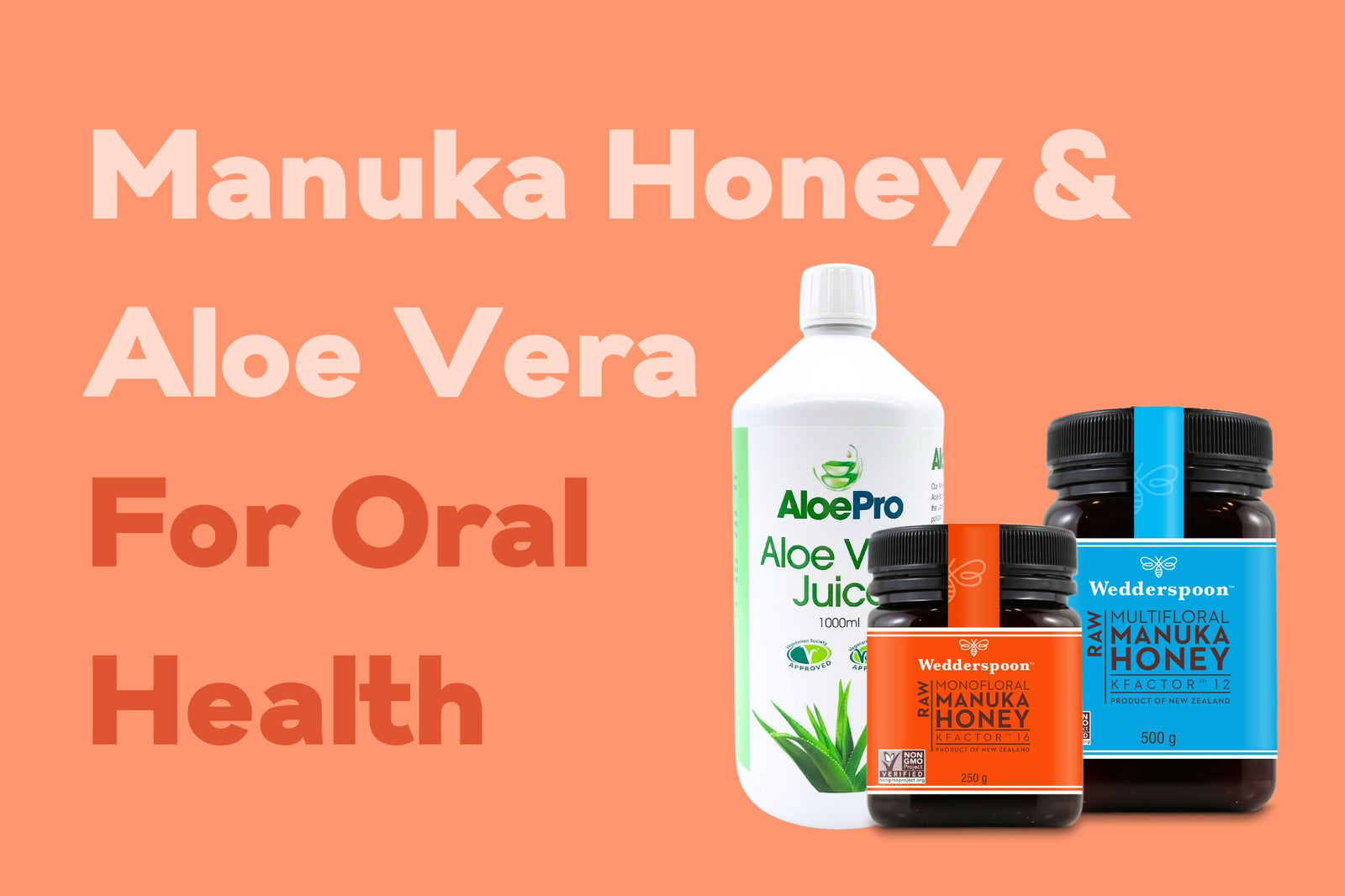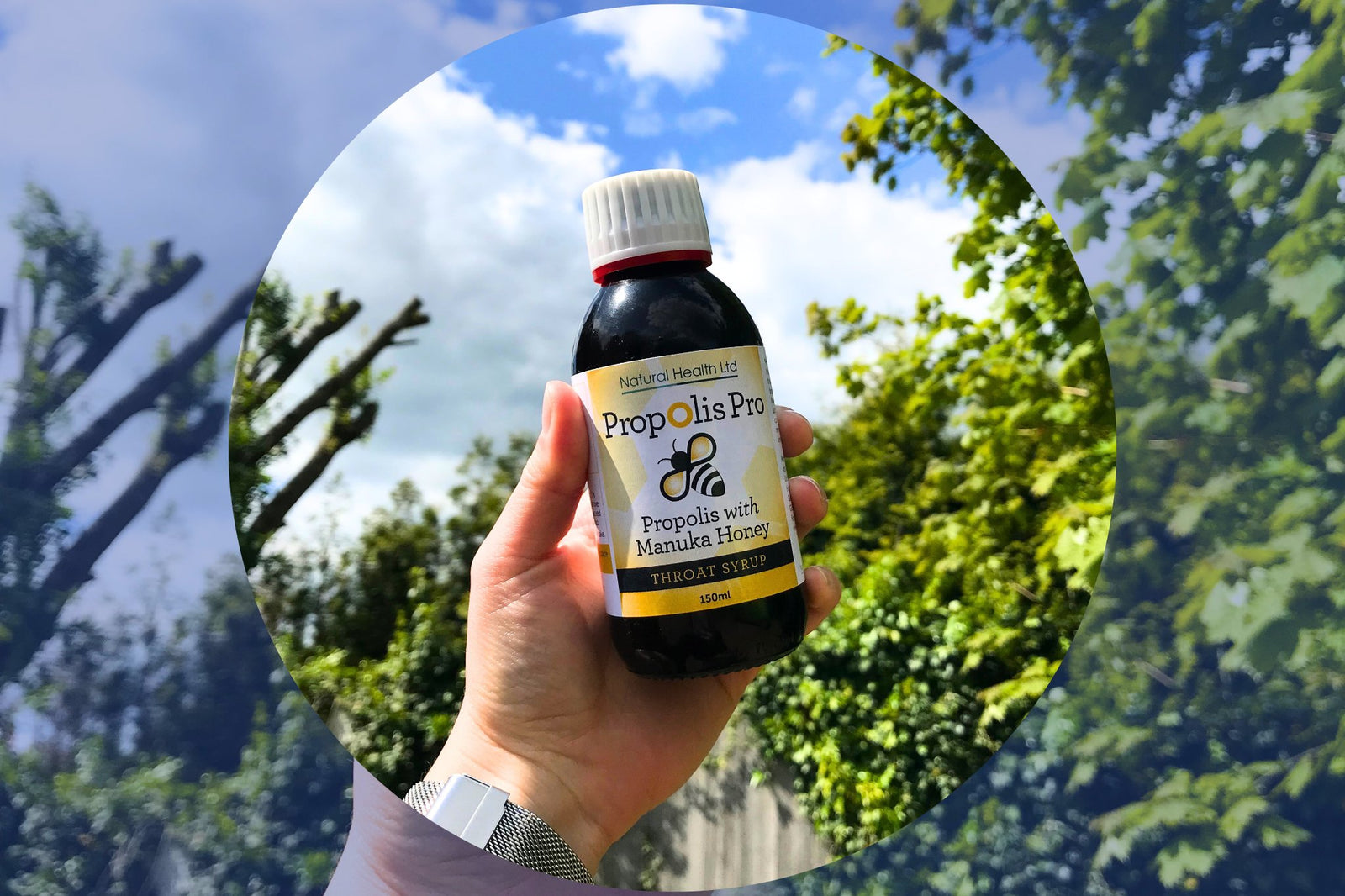Your Cart is Empty
Manuka Honey
Bees - the biggest pollinator on planet earth
March 03, 2023 3 min read


How important are bees to our daily life?
Based on the research conducted by the Food and Agricultural Organisation of the UN, around 80% of all flowering plants are designed for animal pollinations, particularly bees. Pollination is crucial to most of our vegetables, fruits and crops. If the bees die out, we’re in an awful lot of trouble and some scientists predict that we’ll have severe food shortages or even famine, within a generation.
How do bees play a part in UK agriculture?
Of course, there are other pollinators in nature, but, wild bees are among the best and most prolific, and more importantly are capable of pollinating on a significantly larger scale. Without any bees, it would cost our farmers approximately £1.8 billion per year and be incredibly time consuming to manually pollinate their crops.
Our farming practices would change dramatically without the bees and it would have a direct impact on the cost of our fruit and vegetables. Blueberries, for example, rely on honeybees for up to 90% of their pollination. Without bees, the availability and diversity of fresh fruit & vegetables would decline substantially, and our nutrition intake would likely suffer from the consequences.

So what can we do to help the Bees?
British Bees are in a lot of trouble. According to Friends of the Earth, we’ve already lost 13 species of bee and 35 species are currently under risk. With the UK Government’s relaxation on the use of neonicotinoids, the bees are not only at risk because of the loss of their habitat but, also the chance of being poisoned by farming chemicals too.

There are some simple things you can do to help the bees at home or in your garden.
- Plant bee-friendly plants all over your gardens such as foxglove, birdsfoot trefoil and red clover. Bees also love Borage and Dandelions which hold nectar at key times of the spring when other flowers aren’t available, so consider leaving the mowing of your grass for an extra week.
- Stop using pesticides in your garden wherever possible
- Leave a small area of your garden wild (in so much as not mown – just flowers) and put in a bit of sand as bees like to bury themselves in it.
- Leave a shallow saucer with some water in it. If you can put a few pebbles or marbles, it helps to keep the bees dry, but they are still able to get a drink without damaging their wings.
- Help bees in need. Sometimes a bee might seem like it is dying and it is actually just exhausted. If you could place a mix of two tablespoons of white granulated sugar and a tablespoon of water next to it, it certainly could be of a boosting energy drink for the bee. You can also put the bee in an elevated position in the sun (but putting a sheet of paper underneath it and moving it that way). Just remember to not touch the bees otherwise they might see you as a threat and sting you which will cause them to die!
For more information on the importance of the bees as our pollinators or to get more information on how to help, including campaigning to save the bees, check out the Friends of the Earth website: https://friendsoftheearth.uk/bees
Also in Blog
Subscribe
Sign up to get the latest on sales, new releases and more …











